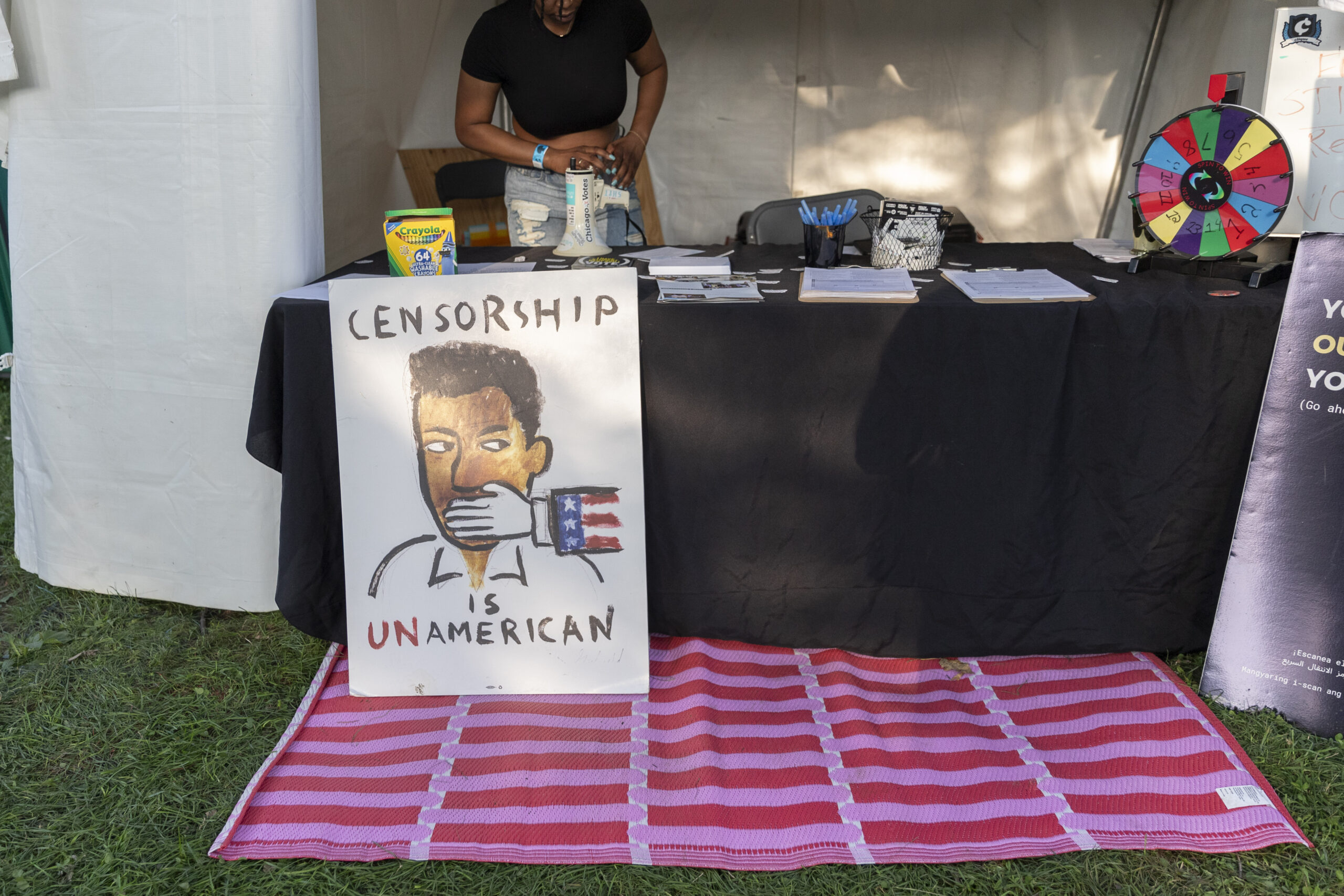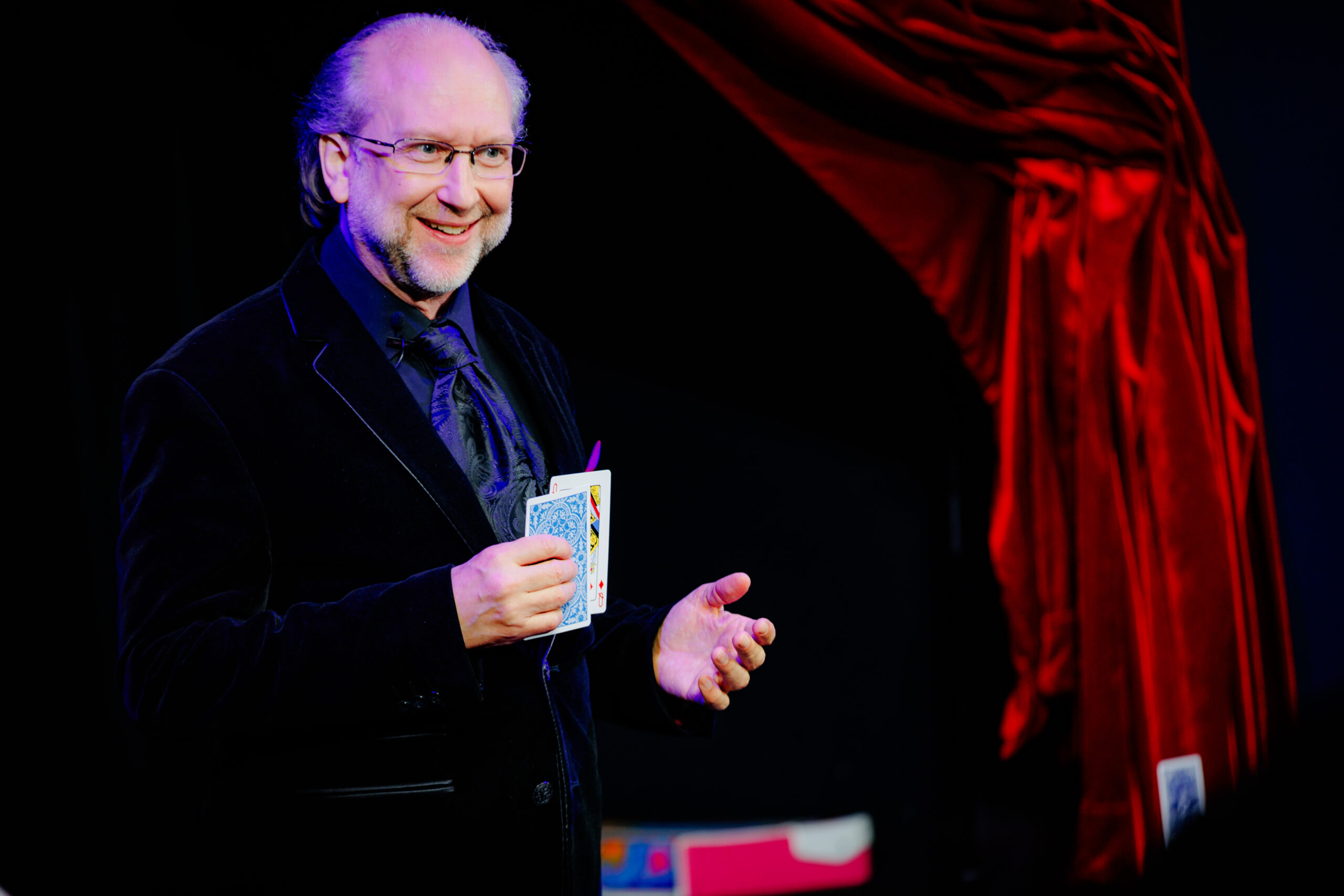Deputy arts editor Xavier Barrios talks about how not speaking Spanish doesn’t mean you’re not Hispanic
A Royal Dansk cookie tin is filled with sewing supplies. Pans are stored inside the oven. Chile Rista’s hang around the kitchen. Sour cream containers always reused for salsa, leftovers and arroz con leche. A surprise and struggle opening every one to find the right food.
My Hispanic identity is often overlooked, my skin tone offering no help. When people finally figure out I am Hispanic, they often try to speak to me in Spanish.
Pero, no hablo español.
According to Pew Research Center, 71% of Hispanic adults said speaking Spanish is not required to be Hispanic.
If this is true, then why do I often feel unwelcome at Hispanic centered events, not even getting the unfortunate title of a “no sabo” kid, or someone who isn’t fluent in Spanish.
I consistently try to explain my identity to those both in and outside of my community.
Most of my friends can pinpoint where their family comes from — Ponce, Puerto Rico and Durango, Mexico. All I know is my great-grandparents, Maria and Ramon Baca, are from Las Vegas — the small town in New Mexico, not Nevada.
My grandparents resorted to changing the pronunciations of their names when moving from New Mexico to Colorado, going by Mary and Ray. My Grama Mary, as my family spells it, is the only person who fluently speaks the language.
I felt like an outsider on my first trip from Colorado to New Mexico. People I was meeting for the first time would talk about me knowing I wouldn’t understand them.
“You have to teach that kid Spanish,” my great-aunt said about me, which my Grama Mary would later have to translate.
I want to know the language. I want to be able to sing along to songs my grampa played while sitting outside at the yearly yard sale. I want to speak to my Hispanic peers fluently. But after years of trying — from Duolingo to courses in high school — nothing helped.
When Spanish wasn’t clicking, I focused on what I did know — English. Now, as a first-generation college student, I’m majoring in English. I chose to learn to be perfect in at least one language.
I’ll try to learn the language of Spanish, try to force something to happen. When I fail again, I know it isn’t losing a part myself — just my brain not being able to retain information.
To be Hispanic doesn’t mean speaking the language. A language doesn’t define a person or a culture. I exist as a Hispanic person — I fill the box regardless of what other people may say.
The cadence of my voice, the hair on my arms, the dark curls on my head make me Hispanic. It’s my doubt in my ability to write and speak with a large lexicon, second guessing word choice.
Being Hispanic is about the food on my table. The references I make which non-Hispanic people don’t understand. Saying I’m going “mimis” when I go to sleep. It’s having the “Selena” movie with Jennifer Lopez playing every weekend. A jolting disruption from a deep sleep to “George Lopez” blasting from the television.
Mispronunciations of my last name, Barrios, are constant and frustrating. Though I have to admit, I often feel proud when correcting people. My grama’s Sam’s Club Membership card reads “Verronica Barriosa.” Her name is Veronica Barrios. My mom shortens her beautiful name Regina to Gina to make it digestible.
When I was in high school, we remember feeling confused and uncomfortable when talking to administrators about about college, often feeling out of place in spaces meant for high-income families.
This is why a language doesn’t make a culture. It doesn’t harm my experiences, and it doesn’t define who gets to be Hispanic and who doesn’t. It’s just a form of communication.
Religious figures hang in every empty space across the walls — a cross definitely in every room. My grampa always had a Lady of Quadalupe lamp lit in his room and a table with pictures of family members who died.
I am Hispanic because my grama fills the house with the smell of fresh tortillas every Sunday morning. Throughout the week, a burrito is waiting for me more days than not after school from my mom.
A traditional holiday dinner includes tamales and ham and putting red chile over mashed potatoes. Rum extract and anise seed drift through the air when we make the yearly batch of biscochitos.
Next time someone tells me I’m not Hispanic because I don’t speak the language, I’ll open a can of Jumex or a bottle of Jarritos. I’ll attempt to unwrap a de la Rosa mazapan without breaking it. Queue “Dreaming of You” when I need a cry. I’ll think of my Grampa Ray’s colorful serape he kept in the car. Chew on piñon roasted next to the season’s Hatch chile.
I am Hispanic, and my lack of language isn’t a lack of my person.
Feature image courtesy of Melissa Chavez











